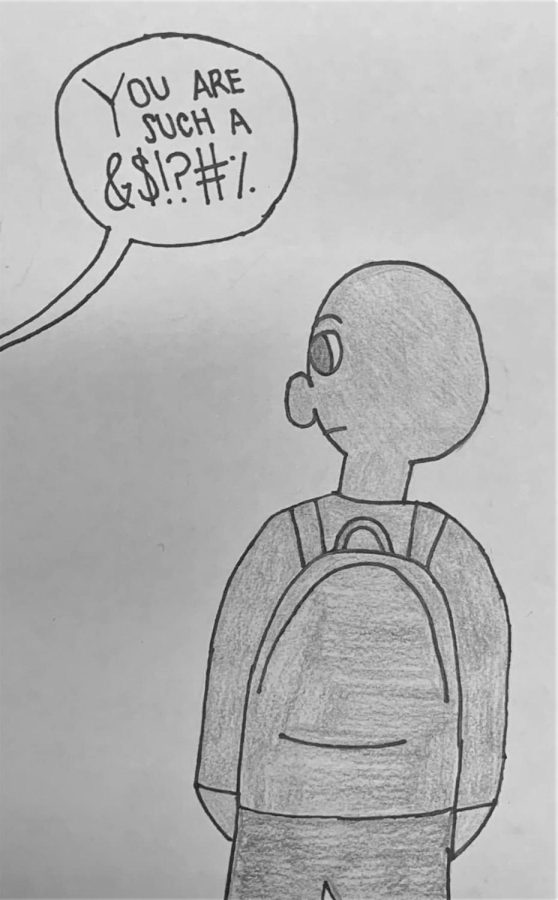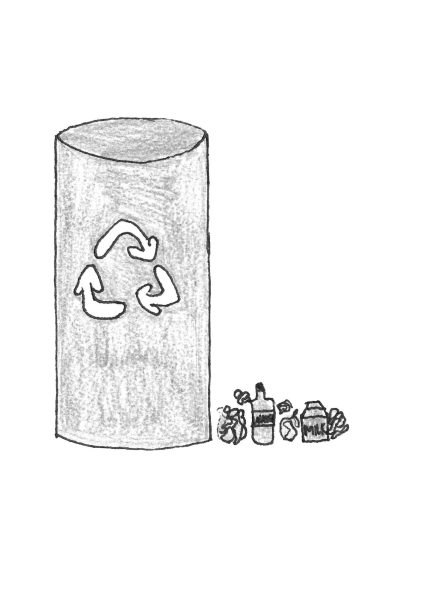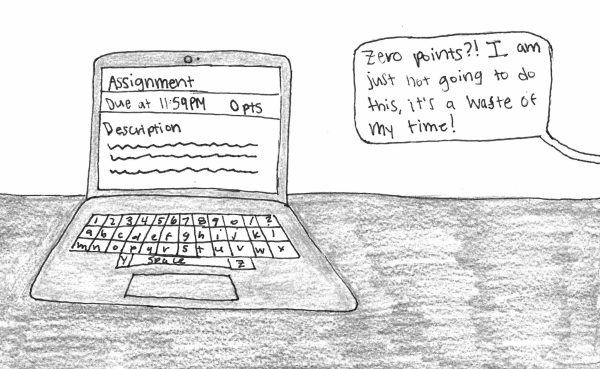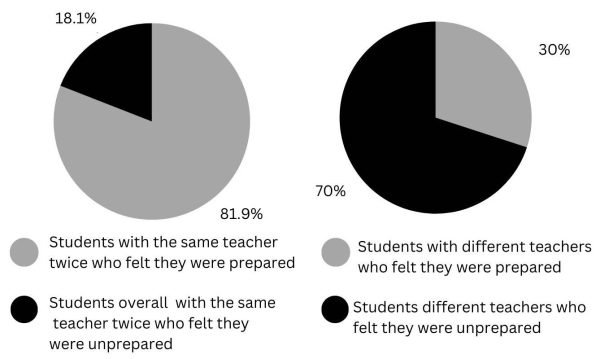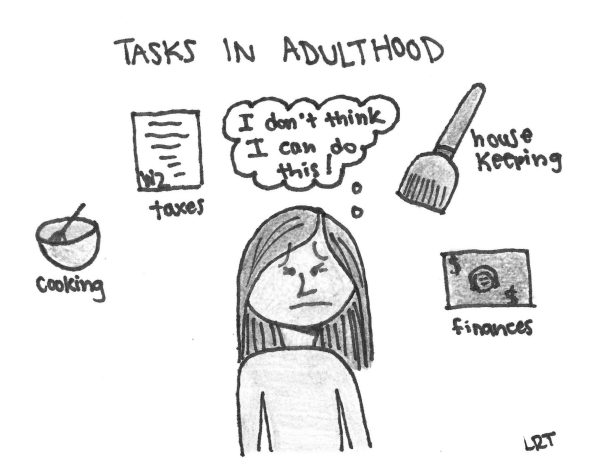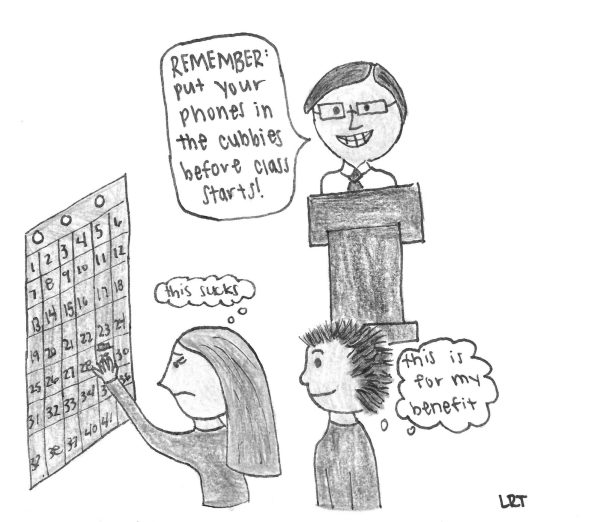Think before speaking
The stigma around slurs
I walk past a student or a group of students and hear a slur or a word deemed offensive for generations. While one of my classmates was walking into class, she heard a boy calling a girl the F-slur like it was nothing and then excusing it as a part of their dynamic.
Words like the N-word, the F-slur, and the R-slur are the most common around campus. In most cases, students use it with immaturity and may not mean it in the word’s full connotation. But if a student that may resonate with said slur hears it, they will likely feel hurt.
If the word is used to demean and dehumanize a group of people, why do people use it as a term of comradery? High school students are old enough to understand the full intent and therefore not say the word at all.
Not to mention, hearing slurs do not only affect the people who are degraded by them. Families can be diverse, and although you do not think someone can relate to a slur, it does not mean they do not have a loved one who can.
Students understand the full extent of a slur when reading To Kill A Mockingbird where it is comprehended that the word holds a heavy meaning, and yet students still choose to use it.
Students should not be using that kind of language at school, regardless of the intent. If I am seeing staff members dress coding students, then I should also be seeing them call out the hate speech heard around campus, especially if I can hear it from a group that is a distance from me.
The first amendment does not protect hate speech and therefore is not covered by freedom of speech. But even if they are not intending the connotation as hateful, people should limit the language altogether. Hearing a slur that could resonate with oneself or a loved one is not a feeling that should be common. When I am walking in the halls and hear a slur being shouted, it makes me feel like the person saying the slur does not care about the damage their word says.
Recently I was in the library and heard the word “gay” used as an insult. A group of kids at a table next to me were disrupting my concentration as they threw the word around in a mean way.
There are substitutes for slurs if one uses them to express frustration. People should find a replacement that has not offended millions, and should not verbalize a slur that has hurt generations of people.
I enjoy editing and writing for the Pop Culture page and writing for the Feature page. Some of my interests are reading, watching “One Tree Hill”,...
